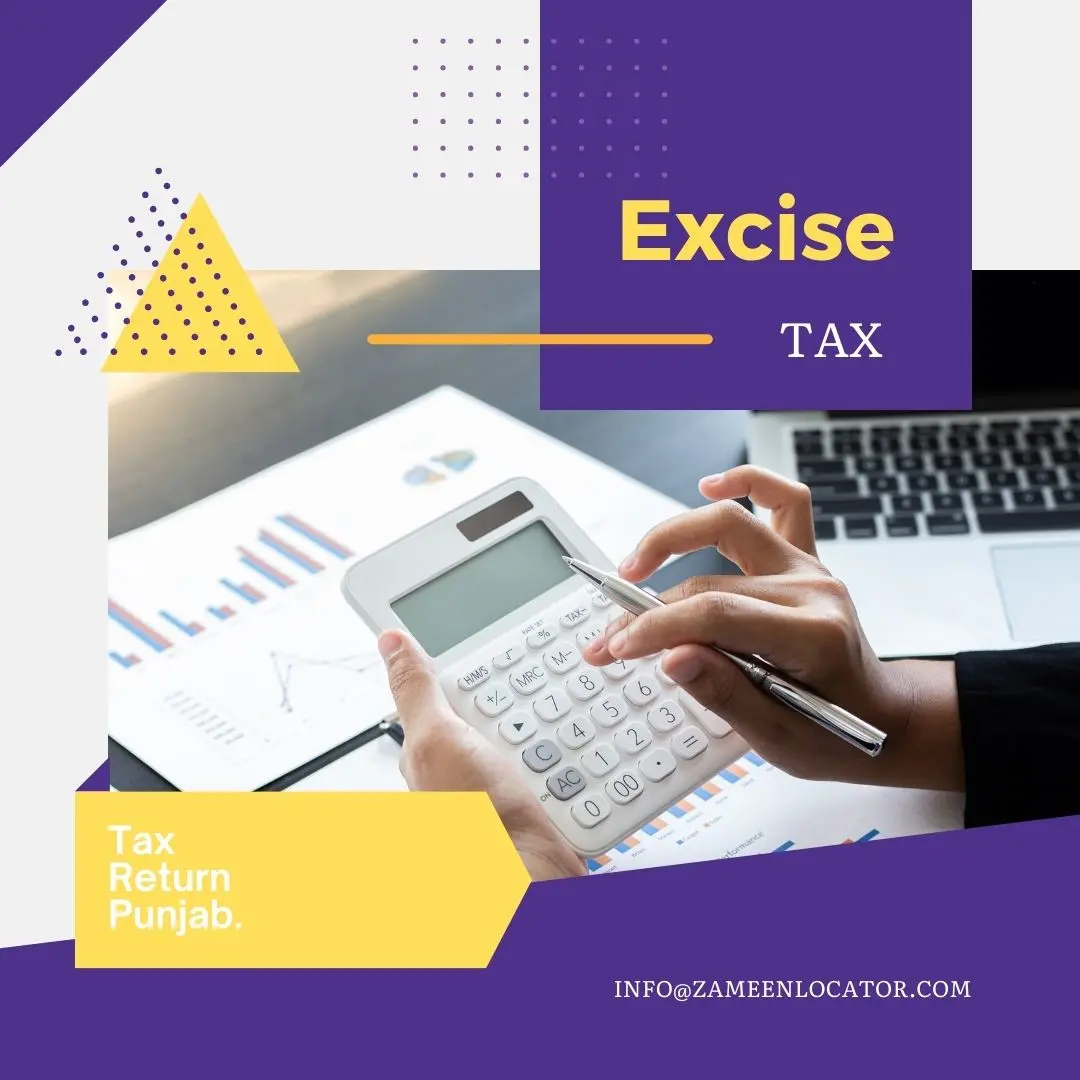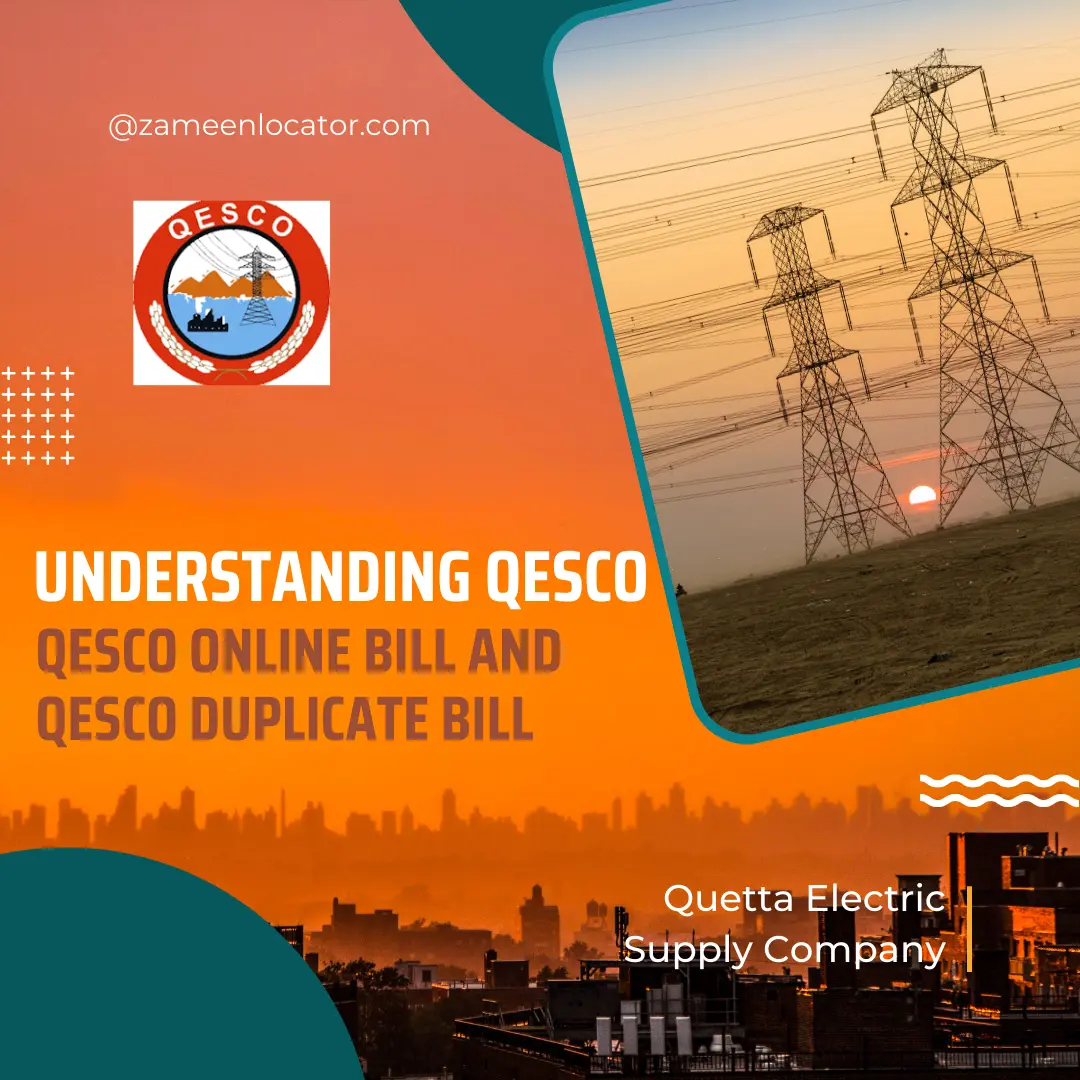
A Guide to Taxation in Punjab, Pakistan: Excise and Taxation Department
- The Punjab Excise and Taxation Department plays a pivotal role in the financial administration of Pakistan’s most populous province. Responsible for collecting various forms of taxes, the department ensures the smooth functioning of government operations by providing a significant portion of the revenue needed for public services and infrastructure projects. This blog delves into the workings of the Excise and Taxation Department in Punjab, exploring its roles, responsibilities, and impact on the region.
The Role of the Excise and Taxation Department
- The Excise and Taxation Department in Punjab is tasked with the collection of a variety of taxes and duties. These include:
Property Tax:
- Property tax is one of the primary sources of revenue for the provincial government. This tax is levied on the ownership of property, including residential, commercial, and industrial buildings. The department is responsible for assessing the value of properties and ensuring that taxes are collected efficiently.
Motor Vehicle Registration and Taxation:
- The department handles the registration of motor vehicles, issuance of driving licenses, and collection of motor vehicle taxes. This function is crucial for maintaining an up-to-date database of vehicles and ensuring road safety standards.
Excise Duty:
- Excise duty is imposed on the production and sale of certain goods within the province, such as alcohol and narcotics. The department regulates the manufacturing and distribution of these items to ensure compliance with the law and to generate revenue.
Professional Tax:
- Professional tax is levied on individuals and businesses based on their profession, trade, or employment. This tax contributes to the provincial exchequer and supports various development projects.
Entertainment Duty:
- The department also collects entertainment duty on events and activities such as cinema shows, concerts, and sports events. This tax helps fund cultural and recreational programs within the province.
Key Functions and Services
- The Excise and Taxation Department of Punjab provides several services to the public, including:
- Online Tax Payment System: To facilitate taxpayers, the department has introduced an online tax payment system. This system allows individuals and businesses to pay their taxes conveniently from the comfort of their homes or offices, thus improving compliance and reducing evasion.
- Property Valuation and Assessment: Accurate property valuation is essential for fair taxation. The department conducts regular assessments to determine the market value of properties, ensuring that property taxes are based on current values.
- Vehicle Registration and Transfer: The department manages the registration of new vehicles and the transfer of ownership. This service is crucial for maintaining an accurate vehicle registry and preventing fraudulent activities.
- Public Awareness Campaigns: The department regularly conducts awareness campaigns to educate the public about the importance of paying taxes to society. These campaigns aim to increase voluntary compliance and reduce tax evasion.
Challenges and Improvements
- The Excise and Taxation Department of Punjab faces several challenges, including tax evasion, corruption, and inefficiencies in tax collection. However, the department has been proactive in addressing these issues through various reforms and initiatives:
- Digitization of Records: The department is working towards digitizing all records to enhance transparency and reduce corruption. This move is expected to improve data accuracy and make tax administration more efficient.
- Capacity Building: Continuous training and development programs are conducted for the department’s staff to improve their skills and knowledge. This helps in better tax administration and service delivery.
- Enhanced Enforcement Measures: The department has strengthened its enforcement measures. This includes regular audits, inspections, and penalties for non-compliance.
Conclusion
- The Excise and Taxation Department of Punjab is a crucial entity in the province’s financial framework. By efficiently collecting various taxes, it ensures that the government has the necessary funds to provide public services and undertake development projects. Despite the challenges, the department’s ongoing reforms and improvements are paving the way for a more transparent and efficient tax administration system. For the citizens of Punjab, staying informed and compliant with tax regulations not only contributes to the province’s development but also fosters a culture of responsibility and civic duty.







